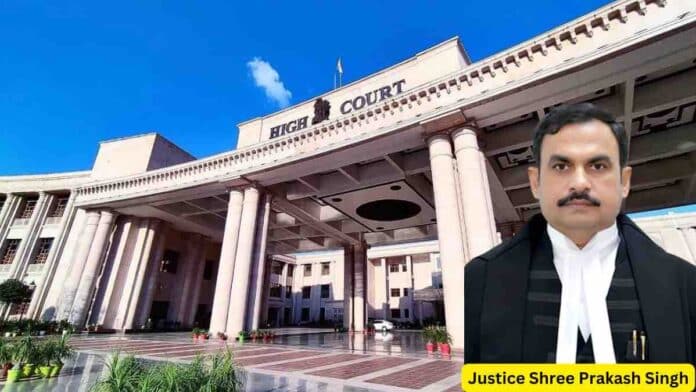The Allahabad High Court has held that the Prevention of Corruption Act, 1988, does not contain any provision for a “deemed sanction” for prosecution. Quashing a trial court order that was proceeding on the assumption of such a sanction, the Court reiterated that in the absence of a valid sanction granted by a competent authority,
To Read More Please Subscribe to VIP Membership for Unlimited Access to All the Articles, Download Available Copies of Judgments/Order, Acess to Central/State Bare Acts, Advertisement Free Content, Access to More than 4000 Legal Drafts( Readymade Editable Formats of Suits, Petitions, Writs, Legal Notices, Divorce Petitions, 138 Notices, Bail Applications etc.) in Hindi and English.




